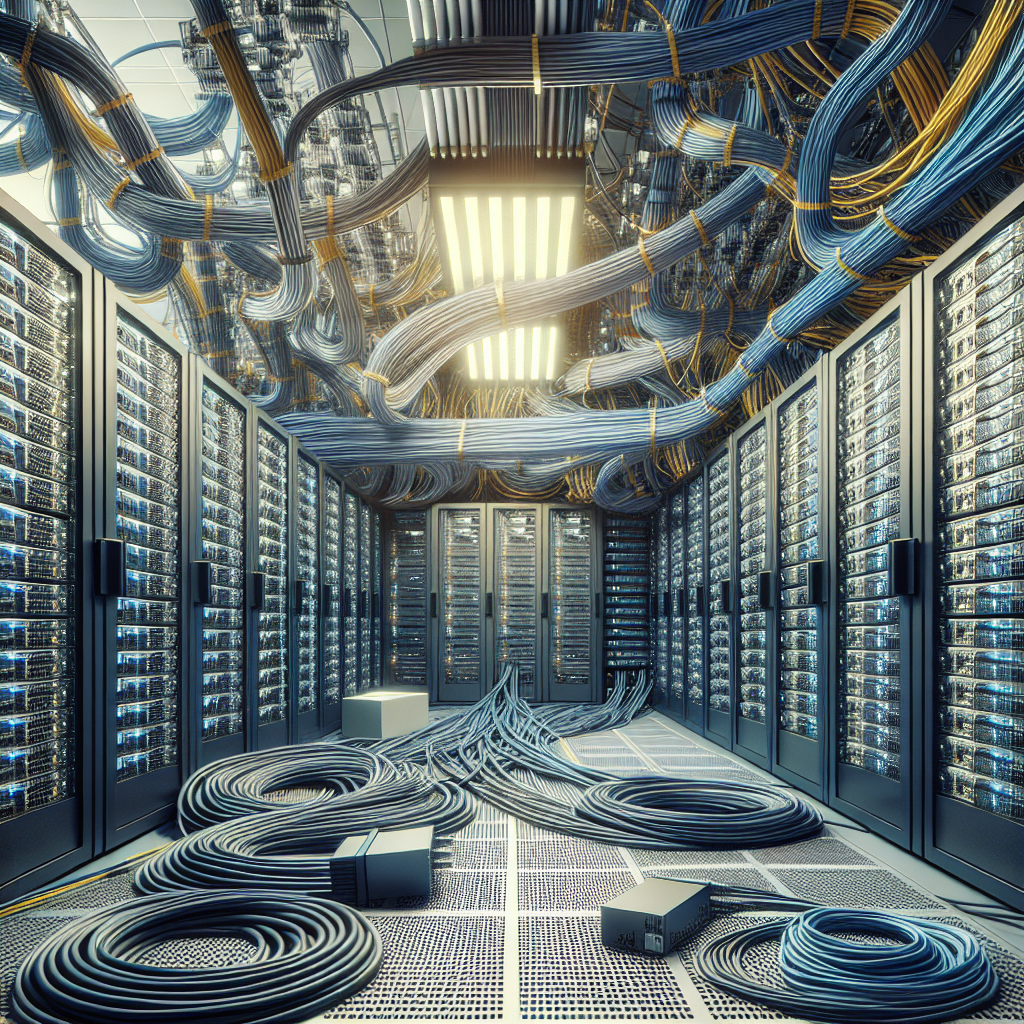In today’s digital world, data centers play a crucial role in ensuring that businesses can operate efficiently and effectively. These facilities house the critical infrastructure that supports the storage, processing, and distribution of data that is essential for everyday operations. One key aspect of data center infrastructure that is often overlooked but is crucial for ensuring uninterrupted operations is redundancy in the electrical system.
Redundancy refers to having backup systems in place that can take over in the event of a failure in the primary system. In the context of data center electrical infrastructure, redundancy is essential for ensuring that power is always available to the servers, networking equipment, and other critical components that keep the data center running smoothly.
There are several reasons why redundancy in data center electrical infrastructure is so important. First and foremost, downtime in a data center can be extremely costly for businesses. Every minute of downtime can result in lost revenue, decreased productivity, and damage to a company’s reputation. By having redundant power systems in place, data centers can minimize the risk of downtime caused by electrical failures.
Redundancy also helps to ensure that data centers can continue to operate in the event of a power outage or other unexpected event. By having backup power systems such as uninterruptible power supplies (UPS) or generators in place, data centers can continue to function even when the primary power source is unavailable.
Furthermore, redundancy can help to protect data center equipment from damage caused by power surges or other electrical issues. By having redundant power systems in place, data centers can ensure that their equipment is always receiving clean, stable power, which can help to extend the lifespan of the equipment and reduce the risk of costly repairs or replacements.
In addition to protecting against downtime and equipment damage, redundancy in data center electrical infrastructure can also help to ensure the safety of data center staff and visitors. By having backup power systems in place, data centers can ensure that emergency lighting, fire suppression systems, and other critical safety systems remain operational in the event of a power failure.
In conclusion, redundancy in data center electrical infrastructure is crucial for ensuring uninterrupted operations, protecting against downtime and equipment damage, and ensuring the safety of data center staff and visitors. By investing in redundant power systems, data centers can minimize the risk of costly disruptions and ensure that they can continue to support the needs of businesses in today’s digital world.


Leave a Reply